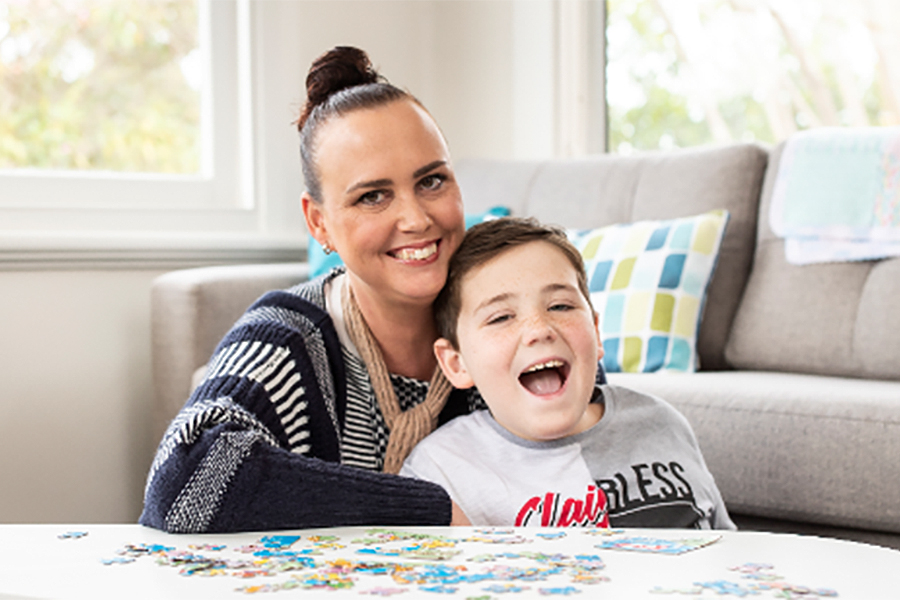
The National Disability Insurance Scheme (NDIS) is a breakthrough Australian program, designated for those people with permanent and significant disabilities. It gives the chance for people to be in more control over their healthcare and service options. Nevertheless, the NDIS eligibility could be quite overwhelming and a lot of uncertainty is around about the credibility.
Myth #1: Only those who are severely disabled receive support.
Fact: Despite the fact that some individuals with very severe and evident disorders, such as multiple organ failure, normally qualify for NDIS, the scheme is multi-dimensional. These impairments can be seen in different forms including those affecting intellect, cognitive abilities, nerves, sensory, physical, and psychosocial facets of life. If you can not perform self care on a daily basis due to your disability, you will probably qualify.
Myth #2: You have to have a specific diagnosis to qualify.
Fact: NDIS eligibility centers around the functional impact of your disability, not the name of your diagnosis. So, even if you don’t have a formal diagnosis or are dealing with a less common condition, your ability to benefit from NDIS support will be assessed based on how your daily life is affected.
Myth #3: your ability to have a job entirely determines whether you get NDIS assistance or not.
Fact: Even if you are working, your condition still allows you to get help from NDIS. The program acknowledges that approximately 60% of such individuals are of the opinion that they are able and willing to work. If you are disabled and therefore have a problem working full time or need some provision of support for your job to be successful, you are entitled to receive the NDIS. The argument is based on the fact that your ability to live life is affected by the disability, say work if is related.
Myth #4: It doesn’t seem my disability is a big deal and I don’t think it meets the severe enough criteria.
Fact: The eligibility criteria are decided based on the degree to which disability affects the daily functioning of an individual rather than on how much severe it may appear compared to the severity of disabilities of others. If all these human relationships, including communication, taking care of yourself, getting around and interacting with other people, learning and other everyday tasks are difficult for you, feel free to find out about the NDIS support options.
Myth #5: I’m older than required for the NDIS.
Fact: The latest age limit for new NDIS applicants is 65, but you’d receive the support for life once enrolled. Enrolling prior before you 65th birthday you’ll keep getting the support according to your problem.
Understanding the Key Eligibility Criteria
To be eligible for the NDIS, you must meet the following main criteria:
Age: Typically under 65 at the time of applying.
Residency: Australian citizen, permanent resident, or holder of a Protected Special Category Visa.
Disability: A permanent and significant disability that substantially affects your ability to participate in everyday activities independently.
Early Intervention (for children under 7): Accessing early intervention supports can lessen the long-term impact of a child’s developmental delay.
Need for Support: An assessment will determine if you’re likely to need NDIS support for your lifetime.
The Application Process
- “How do I apply for the NDIS?” The first step is contacting the NDIS directly at 1800 800 110 or visiting their website (https://www.ndis.gov.au/). They’ll guide you through the Access Request Form and the process of gathering supporting evidence.
- “What kind of evidence do I need?” Reports from professionals who are familiar with your disability are crucial. This includes doctors, therapists, teachers, psychologists, occupational therapists, or anyone who can provide detailed information on the impact your disability has on daily tasks and participation in life.
- “What happens after I submit my application?” An NDIS planner may contact you to discuss your individual goals, support needs, and how the NDIS can assist. They’ll work with you to determine eligibility and, if approved, create a personalized support plan.
Addressing Common Concerns
- “Is my application going to be accepted or not?” Well, it can be upsetting and difficult, but rest assured that there is an appeals process for reviewing decisions. At other times the main thing is to detail and explain the situation with the help of the NDIS. Don’t give up!
- “What if my disability fluctuates in time?” The NDIS take into consideration the dynamic nature of disability. As your needs arise, your support plan is reviewed to readjust the amount of funds and the types of assistance provided to correspond with your current state.
- “Do I also stand to lose those other support service providers if I join the NDIS?” As the NDIS works with your existing support agencies. It’s designed to build upon and optimize your support, with the added benefit of increased flexibility and choice on how that support is delivered.
